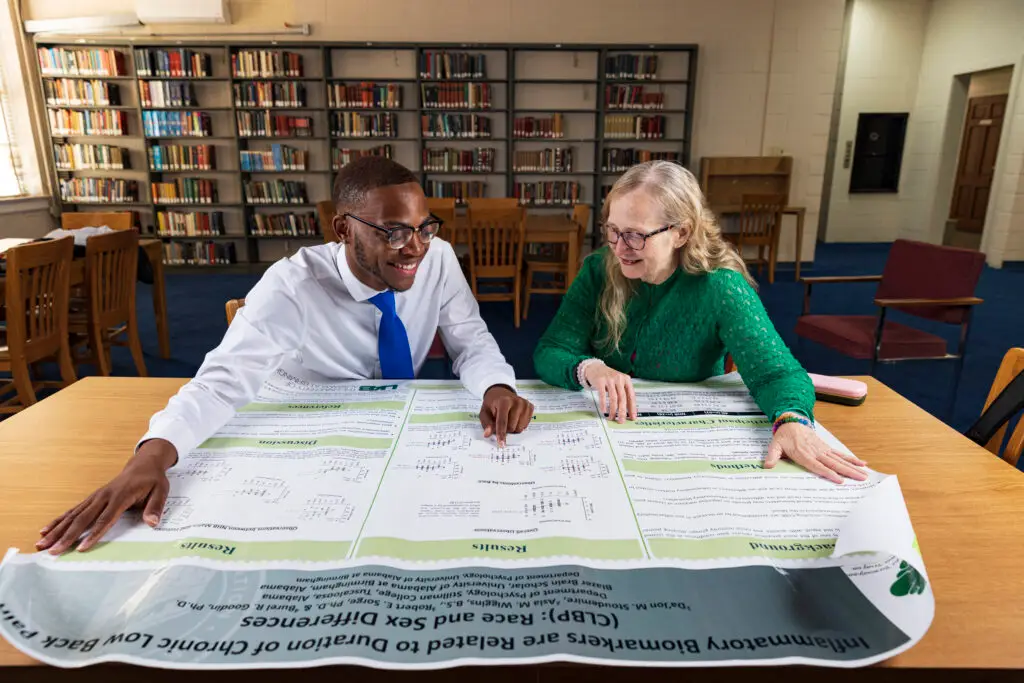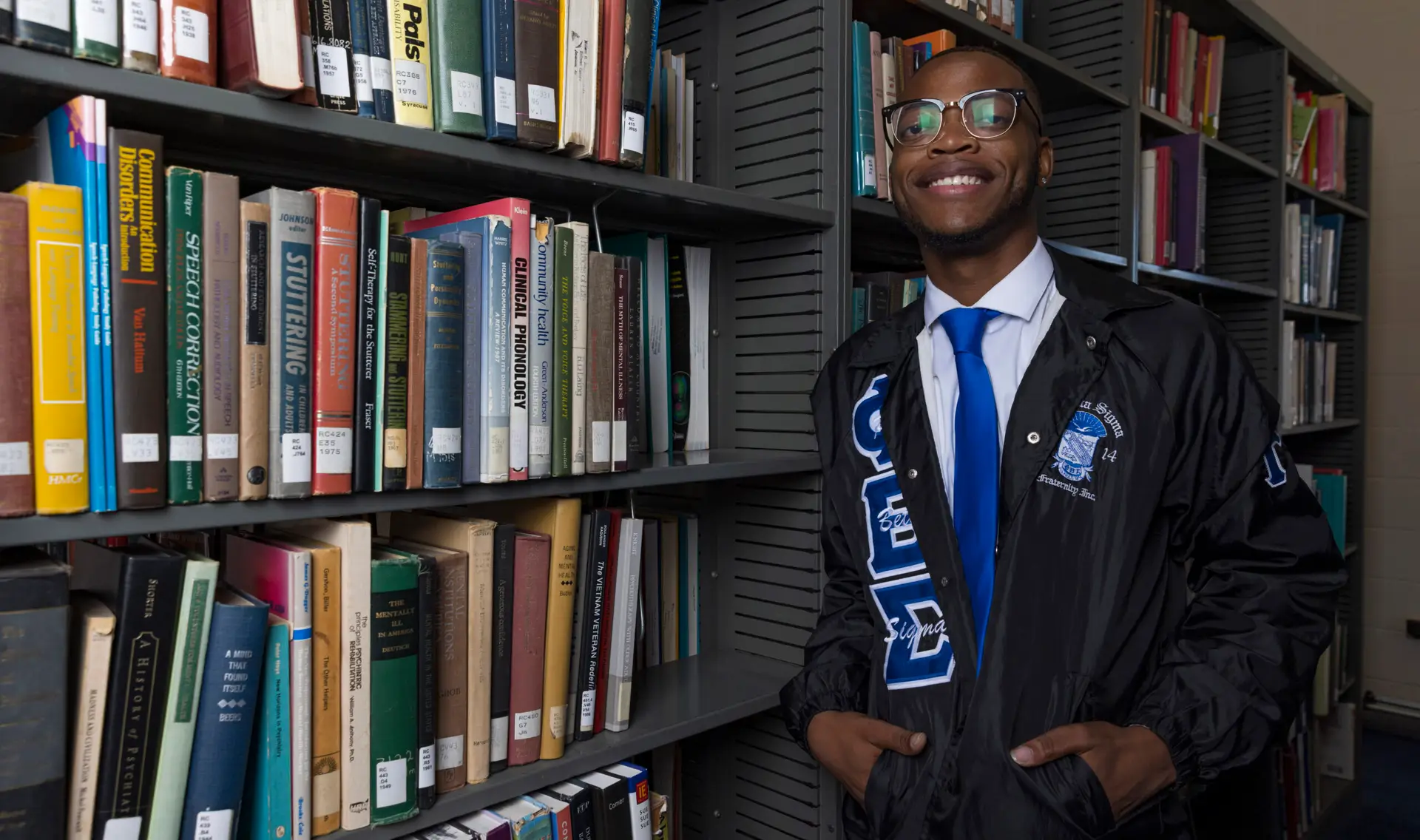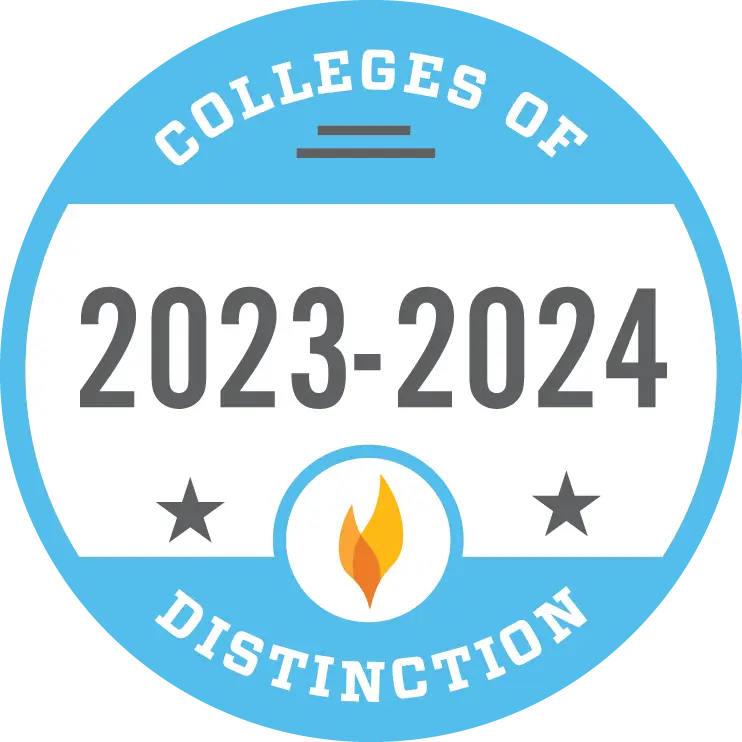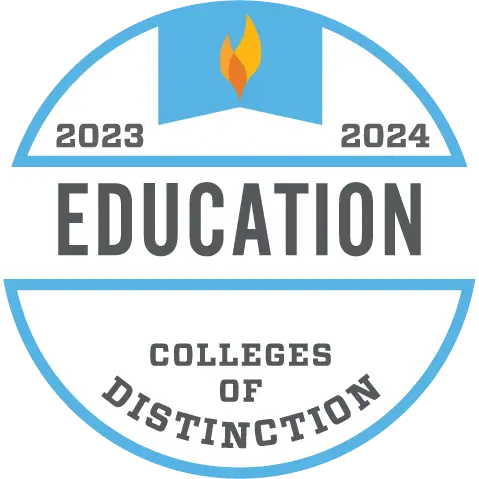Stillman senior psychology major shifts graduate school focus after Blazer Brain summer program
By Hannah Fields
TUSCALOOSA, Ala. – Da’Jon Stoudemire doesn’t shy from discussing a topic that often gives people in the Black community pause: mental health.
That wasn’t always the case. Stoudemire suffered from anxiety and depression as a youth and struggled to understand and express his feelings.

But, through his own research, he would learn about the landscape of mental health care.
“I also realized there’s a lack of information about mental health education and services, especially to the Black community,” he told Stillman.edu earlier this year.
Inquiry and discovery continue to fuel the Stillman senior psychology major, who recently completed a summer internship at the University of Alabama at Birmingham School of Medicine’s “Blazer BRAIN” Undergraduate Summer Program in neuroscience research.
The summer program at UAB isn’t Stoudemire’s first foray into research and clinical work; he took first place in the Three-Minute Thesis competition at the Stillman Research Symposium in the spring.
However, Blazer Brain would be a leap of faith for Stoudemire.
While at the program, he would work in the pain and prevention lab, studying Glutamate, a pain transmitter involved in the rapid neurotransmission of acute pain. This area didn’t align with Stoudemire’s focus on mental health, but pain was not the only study there. There were foci in psychiatry and behavioral neurobiology, as well as cell, developmental, and integrated biology, and more represented at the program. The internship also provided the students with mentors from each of these departments of neurosciences.
Surrounded by these mentors, Stoudemire tapped into a skill learned at Stillman: networking.
“Utlimately, that’s how I feel like I made it through the program – just forming a relationship with my mentors and making sure they knew when I needed the help,” he said.
Despite research providing him insight into mental health at a young age, Stoudemire’s mentors at the program had to push him to study more. With a new presentation every week, he had to stay on task.
The demands of the presentation schedule would prove challenging for Stoudemire, bringing to the surface the same anxiety and depression he’d battled when he was younger. Stoudemire said he stressed over his competence to complete the program, and that he had to calm down by reminding himself that if the Blazer BRAIN faculty believed in him, he should too.
“Nobody [at Blazer Brain] wants to see you fail,” Stoudemire said. “Once I looked at it from that standpoint, it made me realize that I’m here for a reason, and I’m gonna do that.”

Following his victory at the Three-Minute Thesis competition at the Stillman Research Symposium, Blazer Brain hosted a similar event in which Stoudemire finished third place. Stoudemire’s topic at UAB was “Inflammatory Bio-Markers Associated with the Duration of Chronic Low Back Pain (CLBP).”
Stoudemire said if Stillman had not allowed him to participate in its Research Symposium, he would not have been able to achieve placement at UAB’s Three-Minute Thesis competition.
He says his presentations at both Stillman and UAB’s summer program have prepared him to be a Ph.D. student, but not in the way he planned; since the UAB summer program has opened his eyes to new possibilities in mental health studies, Stoudemire has shifted his graduate school focus from practice to clinical research.
“(Blazer Brain staff) helped me get a better understanding of how a lot of problems come about from the different activities that happen throughout your life,” he said.
Stoudemire does not want his mental health or work achievements to be just for him; he wants his progress to influence every student at Stillman. He said opportunities for students are available and within reach, but that they must “put in the work.”
“It may seem like you don’t have a chance,” he added, “but you actually do – that’s the crazy part.”











